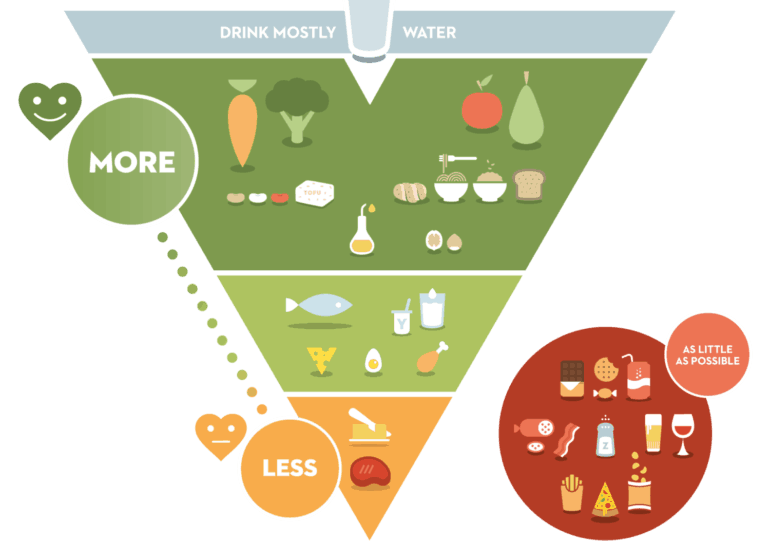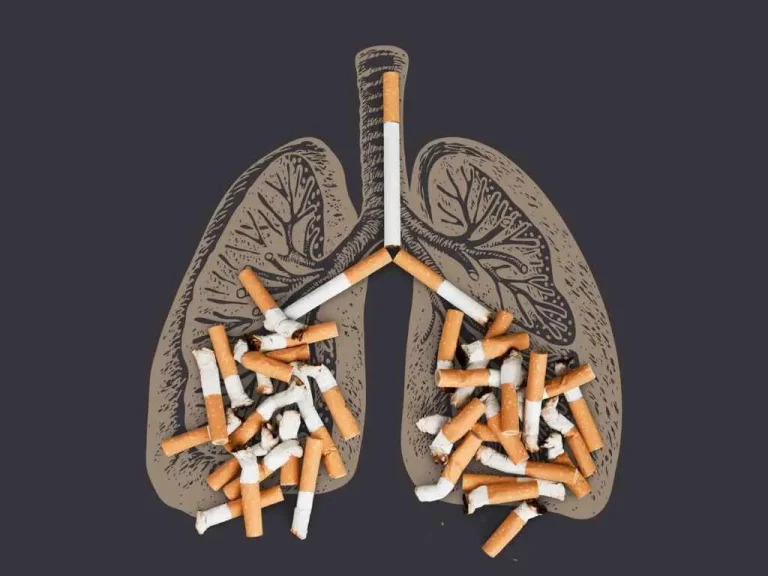
The keto- diet has become one of the most talked-about ways to lose weight fast. By cutting carbs and eating high-fat meals, the body enters a state called ketosis, where fat replaces glucose as the main energy source. Early results often include rapid weight loss, reduced cravings, and more stable energy levels. But behind these benefits, experts warn of potential heart risks when the diet is followed long-term.
How the Keto Diet Works
Keto’s premise is simple: reduce carbohydrates to around 10% of daily calories and replace them with fats and moderate protein. Typical foods include eggs, fatty meats, cheese, butter, and oils. With limited carbs, your body begins burning fat continuously for energy. Many people also naturally reduce total calories and processed foods, which adds to weight loss success.
However, Mary Hyer, RD, LDN, CCRP, a cardiac rehabilitation dietitian at Newton-Wellesley Hospital, cautions that this extreme restriction can be risky. Studies show that very low carbohydrate intake may affect heart rhythm and overall cardiovascular health. A 2019 American College of Cardiology study found that people consuming less than 44% of calories from carbs had higher risks of irregular heartbeats. A 2018 Lancet Public Health analysis linked long-term low-carb diets to earlier mortality from heart and blood vessel disease.
Potential Heart Health Concerns
A key concern is a rise in LDL cholesterol, often called “bad cholesterol.” Many keto diets rely on high amounts of butter, cream, bacon, and fatty meats to meet fat targets. Elevated LDL increases the risk of clogged arteries, stroke, and heart disease. For those with existing cardiovascular conditions, this effect can be particularly dangerous.
Electrolytes, Insulin, and Metabolic Shock
Cutting carbohydrates also affects electrolytes, essential minerals like sodium, potassium, and magnesium that help regulate heart rhythm and nerve function. Low carbohydrate intake can lead to electrolyte imbalances and irregular heartbeats.
Additionally, prolonged carb restriction influences insulin production. While keto can improve blood sugar levels in the short term, reintroducing carbs after long-term restriction may lead to insulin resistance, raising the risk of type 2 diabetes.
A Heart-Smart Approach to Eating

For most people, a balanced diet is safer and more sustainable. Experts recommend that 45%–60% of daily calories come from carbohydrates, focusing on whole foods high in fiber. Fiber-rich foods support heart health, stabilize blood sugar, and help you feel full. Ideal choices include:
- Fruits
- Vegetables
- Legumes
- Whole grains
It’s also important to limit refined carbs such as white bread, pastries, desserts, and pancakes, which can spike blood sugar and cause energy crashes.
Long- Term Health
Keto may be an effective short-term strategy for weight loss or improving metabolic health, but it is not risk-free. Extreme carbohydrate restriction can raise LDL cholesterol, disrupt electrolytes, and cause metabolic stress — especially for individuals with heart conditions.
For long-term health, a balanced, moderate approach is safer and more sustainable. Small, gradual dietary changes focusing on whole foods can protect your heart, improve blood sugar, and lead to lasting results.


